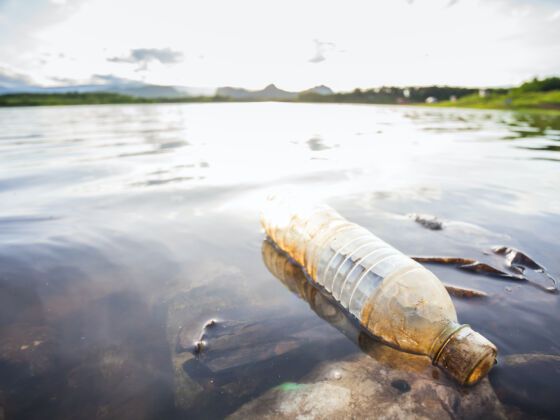It’s easy to throw away a bottle or plastic bag and then completely forget about it. A new study, published in the PLOS One journal, examined the journey of plastic bottles that had been thrown into the Ganges River in India and tagged with a GPS tracking device and a custom-built enclosure to keep water out. Then, they tracked the bottles as they traveled downriver.


New Study Shows How Far Plastic Pollution Can Travel Over Rivers
While many bottles found in the Ganges are collected by hand and sold as a way for locals to earn money, that’s not true of all bottles, including some used in the study. Emily Duncan, a researcher at the University of Exeter and lead author of the study, told Inverse that the longest-traveled bottle in the study went 1,767 miles downriver, which was both “amazing” and “quite worrying” as it showed how far a plastic bottle could travel, polluting the ecosystem, potentially endangering animals, and eventually ending up in the ocean.
Duncan hopes that the study will shine a light on the impact recycling and proper plastic disposal can actually have and encourage people to do better. “Everyone has used plastic bottles in their lives,” she said, adding that seeing how far they can travel may inspire people to take more ownership of their waste.